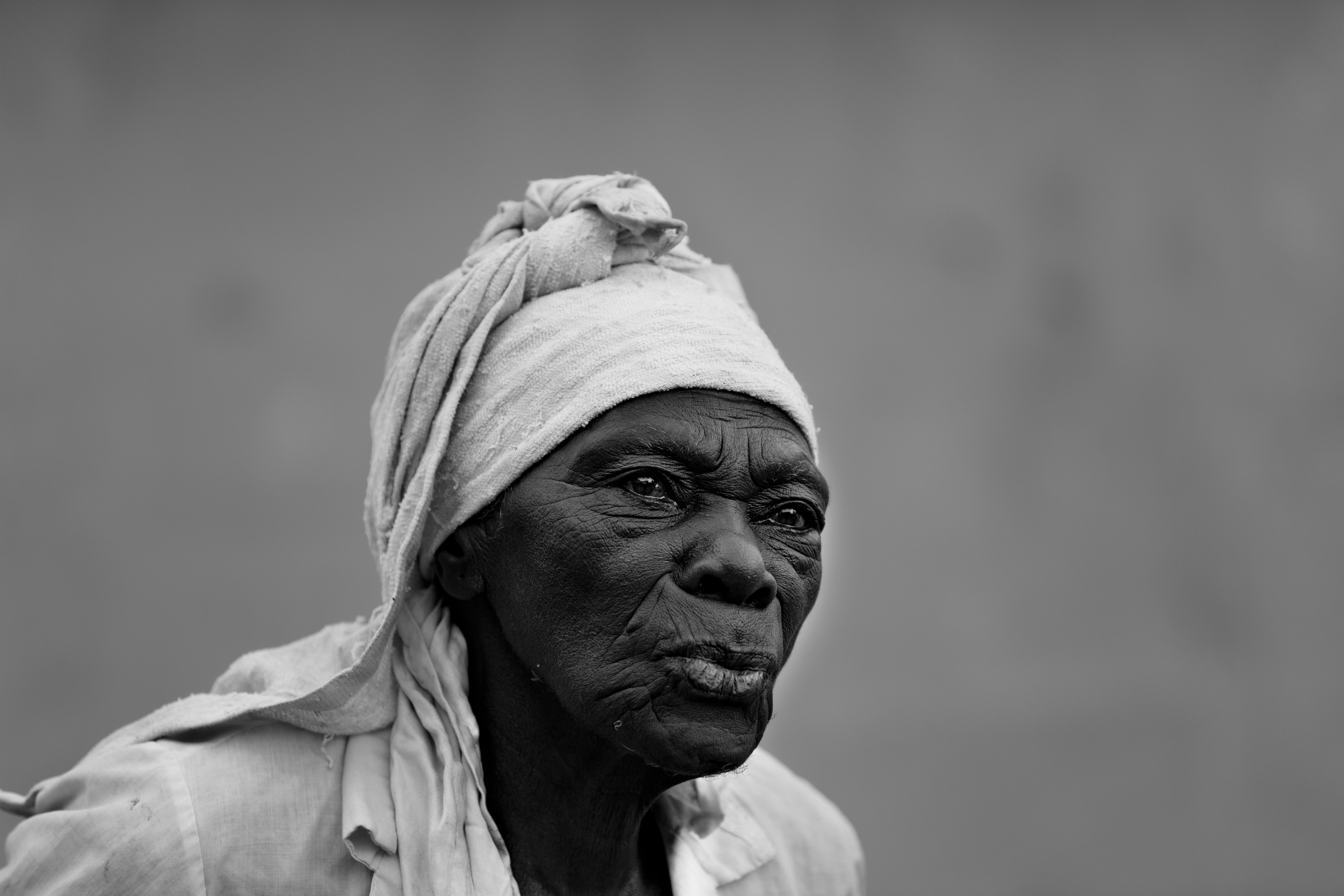Older migrants have the right to be treated with respect: respect of their age, and respect of their culture

The ‘othering’ of older migrants in Western societies is common, also when one encounters care professionals. Saloua Berdai Chaouni and Ann Claeys investigate the experience of older migrants living with dementia and in need of care in Belgium.
The general societal attitude towards immigrants of ‘us’ vs. ‘them’ seems to endure the whole life course of these older persons. Looking a bit closer, this ‘othering‘ seems to be a result of and contribute to an accumulation of different ‘-isms’. In the experience of older migrants and their family caregivers, it is clear that their experience falls at the intersection of racism and ageism.
Blaming the older migrants for the language barrier in care is an interesting illustration of the focus on the otherness: “They are so long here, and they don’t even master Dutch!” is a frequently stated expression by the caregivers. The fact that with dementia one person returns to his/her mother tongue/dialect and language barrier results from a complex migration reality than “their unwillingness to learn the language” is overlooked. The combination of ageism and racism are also overlooked in the complex reality of dementia care use by older migrants.
These two ‘-isms’ thus play as invisible influencing factors prevent older migrants in need of care to access the necessary services. As an older person with Congolese background once told:
“We don’t put our older persons in nursing homes… this isn’t how we do things, I thought my children to combine to take the good values of each culture, the Western and our culture, and caring for our elders in a respectful way is our good value.”
This quote challenges the essentialist image of older migrants’ reasons to refuse nursing homes as long as possible. The reality is much more nuanced: older migrants want the right to be treated with respect! Respect for their age and respect for their cultural heritage. This can only be achieved in a societal context that resists it’s ageist and racist structural mechanisms.
Read also:
Fifi’s testimony: ‘Who hears the voice of older migrants?’
Confucianism and the later life choices of older Chinese living in Belgium
Our thematic page on ageism and migration
—
Saloua Berdai Chaouni and Ann Claeys are PhD researchers of DiversElderlyCare and ENIEC members. You can give a look at the recently published paper: ‘Invisible realities: Caring for older Moroccan migrants with dementia in Belgium’ http://journals.sagepub.com/doi/abs/10.1177/1471301218768923?journalCode=dema
They participate in the DiversElderlyCare project that is a practice-oriented research project of Erasmushogeschool Brussel, with the support of the European fund of Regional Development. Based on the insights of the experience of dementia and dementia care by elders, informal and formal carers, and together with these stakeholders we will formulate practice-oriented approach for a divers sensitive dementia care. For more information, visit their website: www.diversageing.be


Facebook Comments